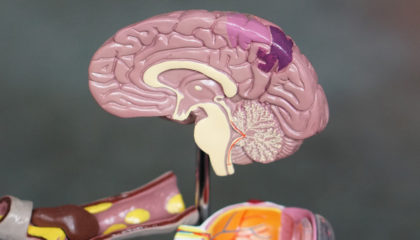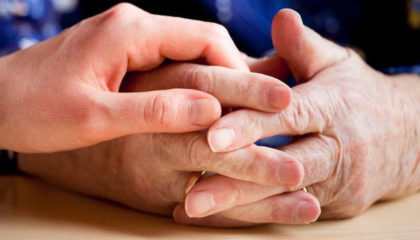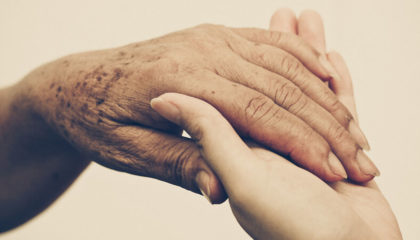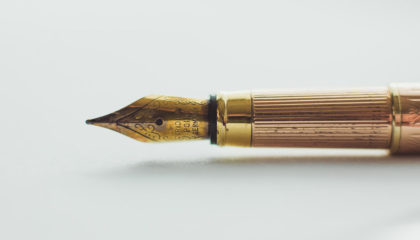A Power of Attorney is a legal document through which one person, known as “the donor”, authorizes a second person, known as “the attorney”, to act on their behalf. The document grants power to the attorney to step into the donor’s shoes and to act on their behalf relative to legal and financial matters.
The individual named in a Power of Attorney has a legal duty to follow the direction of the person giving the authority, or to act as a fiduciary if the person can no longer direct them and to act honestly and in good faith. The attorney must also exercise the care, diligence, and skill of a reasonably prudent person and otherwise act in the donor’s best interest.
Misuse of Powers of Attorney
The Canadian Centre for Elder Law suggests that the misuse of powers of attorney is one of the most commonly reported forms of abuse of older people, and occurs in many different ethnocultural communities. Some examples of power of attorney misuse include:
- Using the power of attorney for personal gain instead of for the elder’s benefit
- Coercing or forcing an elder into creating a power of attorney
- Forging the elder’s name on a power of attorney, cheques, and other documents
- Withdrawing money from financial accounts without permission
- Treating the elder’s money and property as if it belonged to the attorney

